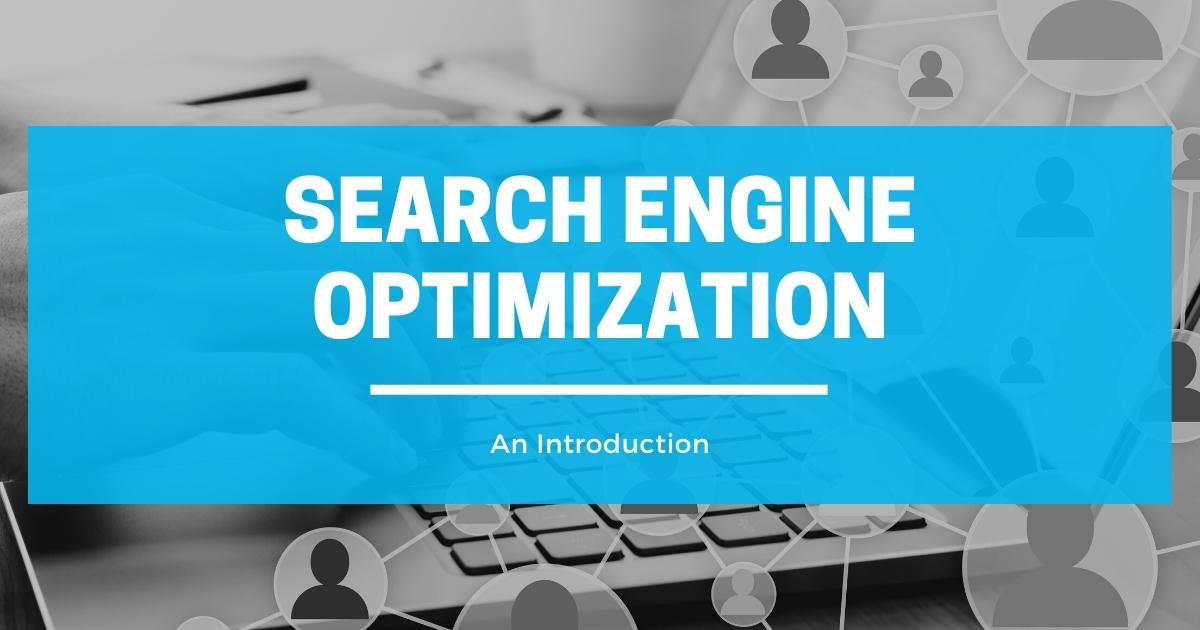
If you’re like most people, you probably have no idea what search engine optimization (SEO) is. And that’s perfectly understandable, considering how complicated and ever-changing the world of SEO can be.
But never fear! In this blog post, we’re going to demystify SEO and explain what it is, why it’s important, and how you can use it to your advantage. So sit back, relax, and get ready to learn everything there is to know about SEO!
What is Search Engine Optimization?
Search Engine Optimization, or “SEO” for short, is a technique that can be used on a website to improve site visibility amongst search engines. It is a means of increasing the quantity and quality of traffic to a site from search engines, ideally resulting in increased revenue.
The Benefits of Search Engine Optimization
There are many benefits of implementing search engine optimization (SEO) into your website, including:
- Increased visibility in search engine results pages (SERPs), which can lead to increased traffic and higher brand awareness
- Improved user experience thanks to more relevant and targeted content
- Better conversion rates as a result of improved relevancy and targeting
- Reduced advertising costs, as you may be able to rank for keywords organically rather than paying for ads
- A more sustainable long-term marketing strategy, as SEO can take time to see results but has the potential to continue providing benefits long after initial implementation
The Basics of Search Engine Optimization
Search engine optimization is the process of improving the visibility and ranking of a website or web page in search engine results pages (SERPs). SEO is a data-driven marketing strategy that focuses on improving a website’s organic search visibility in order to earn higher levels of web traffic and generate more leads and sales.
There are two main types of SEO: on-page SEO and off-page SEO. On-page SEO refers to optimization techniques that are applied to individual web pages in order to improve their ranking in search engine results pages. Off-page SEO, on the other hand, refers to optimization techniques that are applied outside of individual web pages in order to improve the overall visibility and ranking of a website.
SEO is a long-term marketing strategy that should be incorporated into an overall marketing plan. It should be treated as an ongoing process, with new content and updates made regularly in order to keep your website visible and relevant in search engine results pages.
The Different Types of Search Engine Optimization
There are three different types of Search Engine Optimization: on-page SEO, off-page SEO, and technical SEO.
On-page SEO is the process of optimizing a website for Google’s search engine algorithms by improving the quality and quantity of the site’s content. This can be done by adding new pages, improving existing pages, and increasing the site’s overall relevance to specific keywords.
Off-page SEO is the process of optimizing a website for Google’s search engine algorithm by building links from other websites. This is done by creating high-quality content that other website owners will want to link to. The more links that point to a website, the higher that site will rank in Google’s search results.
Technical SEO is the process of optimizing a website for Google’s search engine algorithms by improving the site’s infrastructure and architecture. This can be done by improving the site’s speed, making sure the site is mobile-friendly, and ensuring that the site’s code is clean and well-organized.
The Importance of Search Engine Optimization
Search engine optimization is important because it helps improve the visibility of a website or web page in search engines, through search engine marketing. SEM includes things such as optimizing a website for particular keywords and driving targeted traffic to it. SEM is also a broad term that can refer to various other activities related to research, analysis, and marketing of a website to make it more visible in SERPs.
SEO is important because it determines how visible a website is in search engines, which can ultimately determine how much traffic the site receives. Websites that are optimized for certain keywords are more likely to appear higher in search engine results pages (SERPs), which can result in increased traffic. SEM goes hand-in-hand with SEO, as both help improve the visibility of a website in SERPs.
The Benefits of Search Engine Optimization for Businesses
There are many benefits of search engine optimization for businesses, both small and large. Perhaps the most obvious benefit is that optimizing your website and online content for search engines can help to increase your visibility and organic reach. This, in turn, can lead to more website traffic and inquiries/sales.
In addition to this, SEO can also help to improve your website’s click-through rate (CTR) and overall ranking in search engine results pages (SERPs), both of which can further boost traffic levels. Furthermore, as SEO is an ongoing process, it can continually help to keep your website fresh and up-to-date, which can encourage repeat visits from customers/clients.
Overall, SEO provides a number of important benefits for businesses of all types and sizes. If you’re not utilizing SEO as part of your digital marketing strategy, then you could be missing out on valuable opportunities to attract new customers/clients.
The Risks of Search Engine Optimization
Search engine optimization (SEO) is the practice of improving the ranking of a website on search engines. The higher the ranking, the more likely people are to find the website. However, SEO is not without its risks.
One of the main risks of SEO is that it can be used to manipulate search engine results. This means that websites can use techniques to improve their ranking that are not necessarily in the best interest of the people who use search engines.
Another risk of SEO is that it can be time-consuming and expensive. Websites need to continually monitor their ranking and adapt their techniques accordingly. This can be a costly and time-consuming process, particularly for small businesses.
Finally, SEO is constantly changing. What works today may not work tomorrow, and what works tomorrow may not work next week. This means that businesses need to be flexible and willing to adapt their approach as necessary.
While there are risks associated with SEO, there are also many benefits. When used properly, SEO can be a powerful tool for driving traffic to a website and improving its visibility
The Future of Search Engine Optimization
The future of search engine optimization is ever-changing. As Google,
Bing, and other search engines continue to update their algorithms, businesses and website owners must adapt their SEO strategies to stay ahead of the curve.
One of the biggest changes in recent years has been the rise of mobile search. More and more people are using their smartphones and tablets to search the web, and this trend is only going to continue. As a result, it’s important to make sure your website is optimized for mobile devices. This means having a responsive design that can adjust to different screen sizes, as well as ensuring that your content is relevant and accessible on a smaller screen.
Another significant change on the horizon is the increasing importance of voice search. With the rise of virtual assistants like Siri, Alexa, and Cortana, more people are using spoken queries to find information online. This trend is likely to continue as these technologies become more widespread. As a result, businesses need to focus on creating content that can be easily found through voice search. This means using natural language and long-tail keywords that accurately reflect what someone might say when they’re searching for something using their voice.
Finally, another major shift that businesses need to be aware of is the increasing role of artificial intelligence in search. Google has already started using AI to power its RankBrain algorithm, and other companies are likely to follow suit. As AI gets better at understanding user intent and providing relevant results, it will play an even bigger role in shaping the future of SEO. Businesses need to start investing in AI-powered tools if they want to stay ahead of the curve.
If you are looking for SEO service for your website with a Free SEO Audit report, please
contact me.
 If you’re like most people, you probably have no idea what search engine optimization (SEO) is. And that’s perfectly understandable, considering how complicated and ever-changing the world of SEO can be.
But never fear! In this blog post, we’re going to demystify SEO and explain what it is, why it’s important, and how you can use it to your advantage. So sit back, relax, and get ready to learn everything there is to know about SEO!
If you’re like most people, you probably have no idea what search engine optimization (SEO) is. And that’s perfectly understandable, considering how complicated and ever-changing the world of SEO can be.
But never fear! In this blog post, we’re going to demystify SEO and explain what it is, why it’s important, and how you can use it to your advantage. So sit back, relax, and get ready to learn everything there is to know about SEO!
